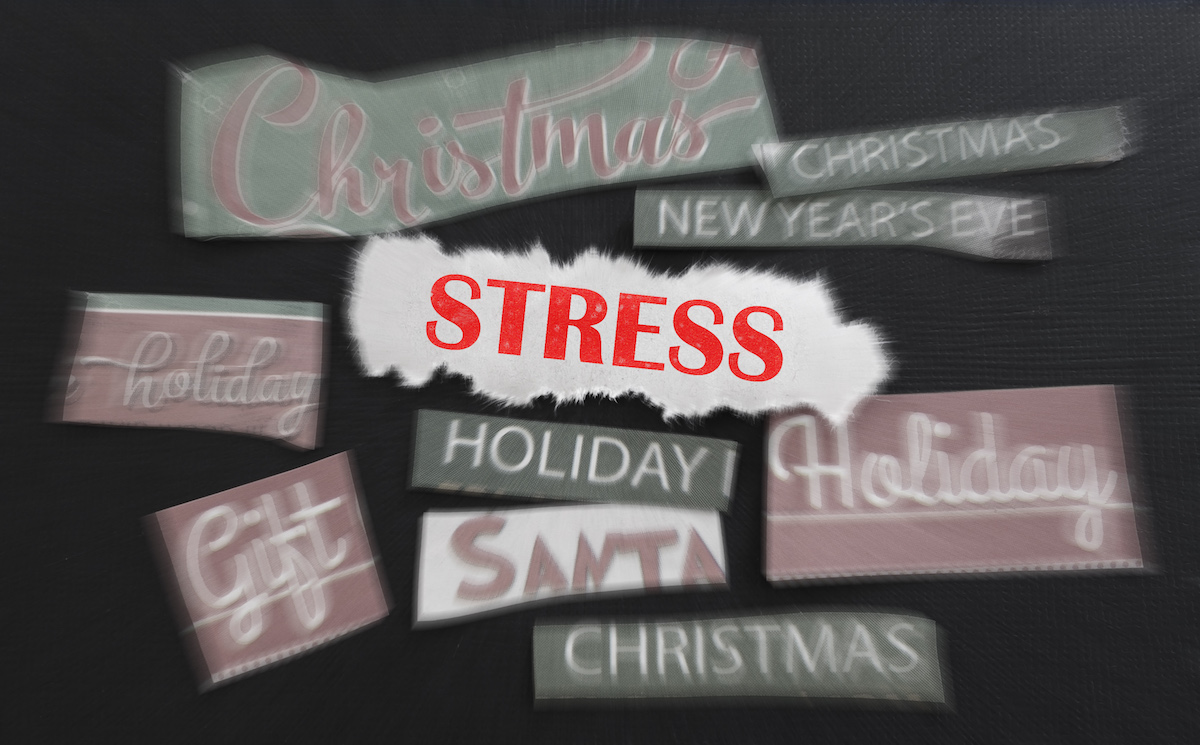<< Back
Are You OK? During COVID-19, Here’s How to Spot Someone Hitting a Serious Stress Point

December 17, 2020
Three simple words might be the invitation someone needs to share emotional stressors weighing them down.
After suffering a miscarriage last month, Meghan Markle, Great Britain’s Duchess of Sussex, urged people to ask each other “Are you OK?” Medical emergencies, like a miscarriage, or the pervasive fear of infection with COVID-19 can easily overwhelm people. But in a world that values emotional strength, they might feel unable to seek help.
“Multiple surveys and research found the pandemic has had an adverse effect on our mental health,” said Dr. Manu Sharma, a psychiatrist with the Hartford HealthCare Behavioral Health Network at Backus Hospital in Norwich. “People who never experienced symptoms of anxiety and depression are experiencing them for the first time. Many might not be aware that the muscle tension, heavy breathing and exhaustion might be signs of underlying anxiety or depression.”
The stigma society connects with mental health issues keeps many from opening up about their feelings, he said.
“We have to remember that having meaningful conversations about feelings and emotions is a learned behavior and something not everyone is comfortable with even with family or close friends,” he said. “We can make it easier by providing a safe space for these discussions. Asking ‘Are you OK?’ can go a long way in establishing this safe space.”
People experience distressing emotions differently, but Dr. Sharma suggested looking for changes in behavior as a sign someone needs support. If an outgoing person suddenly isolates or someone who is generally quiet seems more social, they might need support.
Other signs of depression, he said, can include:
- Feeling tired all the time.
- Having low energy and low motivation to complete tasks.
- Difficulty completing school work or work projects.
- Becoming easily irritated.
- Reacting strongly to minor events.
- Experiencing sleep issues.
- Feeling on edge all the time, hopeless or helpless.
- Engaging in unhealthy behaviors like excessive drinking.
It’s important not to fear making people feel worse by asking if they are OK. Simply beginning the conversation helps, Dr. Sharma said.
“Not knowing the right question to ask should not prevent you from engaging in this exercise.,” he said. “A good way to start creating a safe space can be expressing your own fears and discomfort about the conversation. For example, say, ‘I am scared, I can only imagine how you must feel.’ By expressing your feelings, you invite others to express their feelings as well.”
Once you start the conversation, he added, it’s important to let the other person talk while you listen.
“The key is to give your undivided attention to the person. It might be a good idea to find a private space free from distractions and silence your phone,” Dr. Sharma said. “Use body language that shows you are present in the moment and listening. It is very important to be nonjudgmental.”
Besides creating a safe space for the conversation, offer a level of support that equates with the type of relationship you have with them and remember to follow up later.
“It might take several check-ins before a person feels comfortable and safe expressing themselves completely,” Dr. Sharma noted. “It might also be very beneficial for the person to know they have someone to go to in case they start feeling distressed again. It can act as a form of safety net.”
If you continue to be concerned, encourage the person to see professional help. The BHN Community Care Center hotline is 1.833.621.0600.